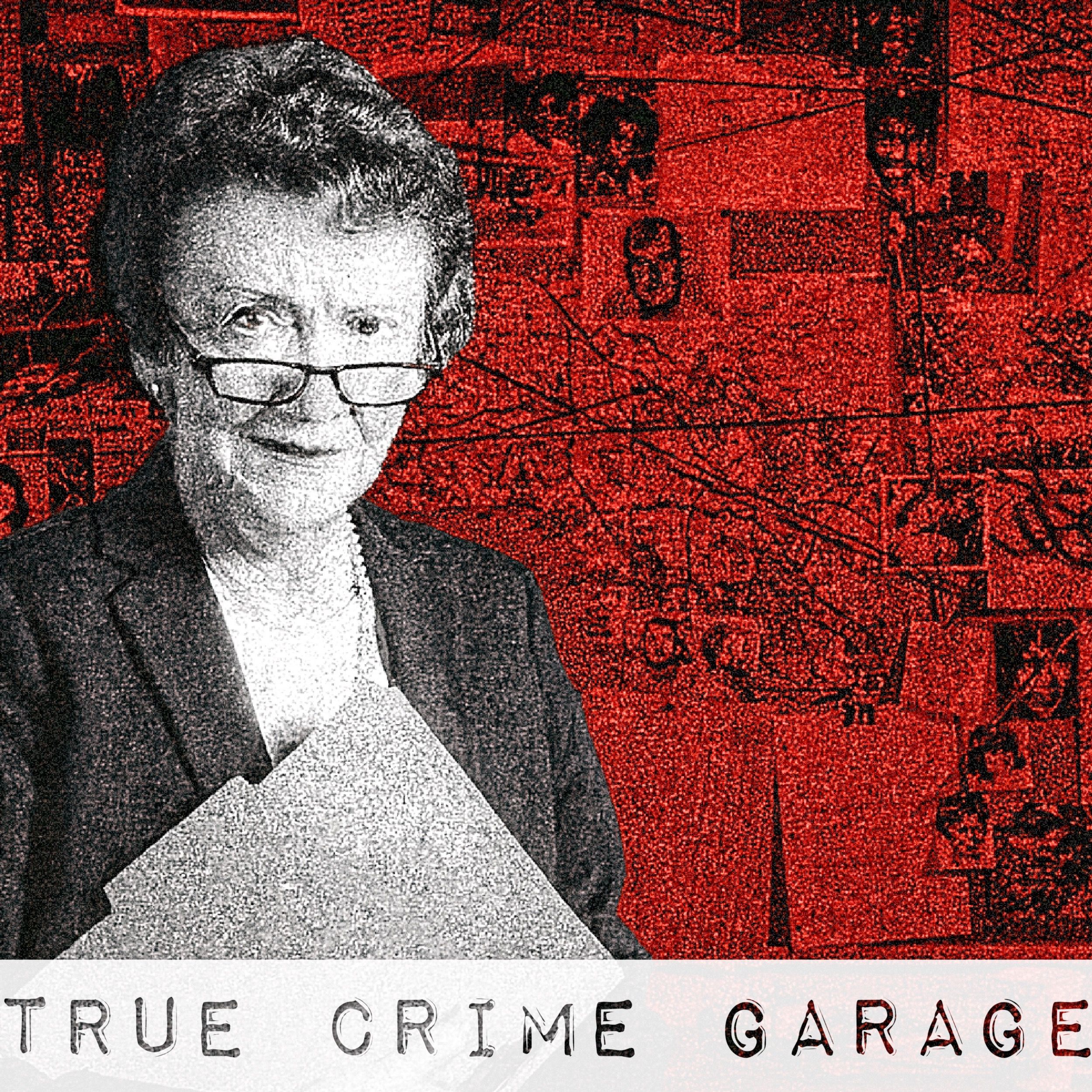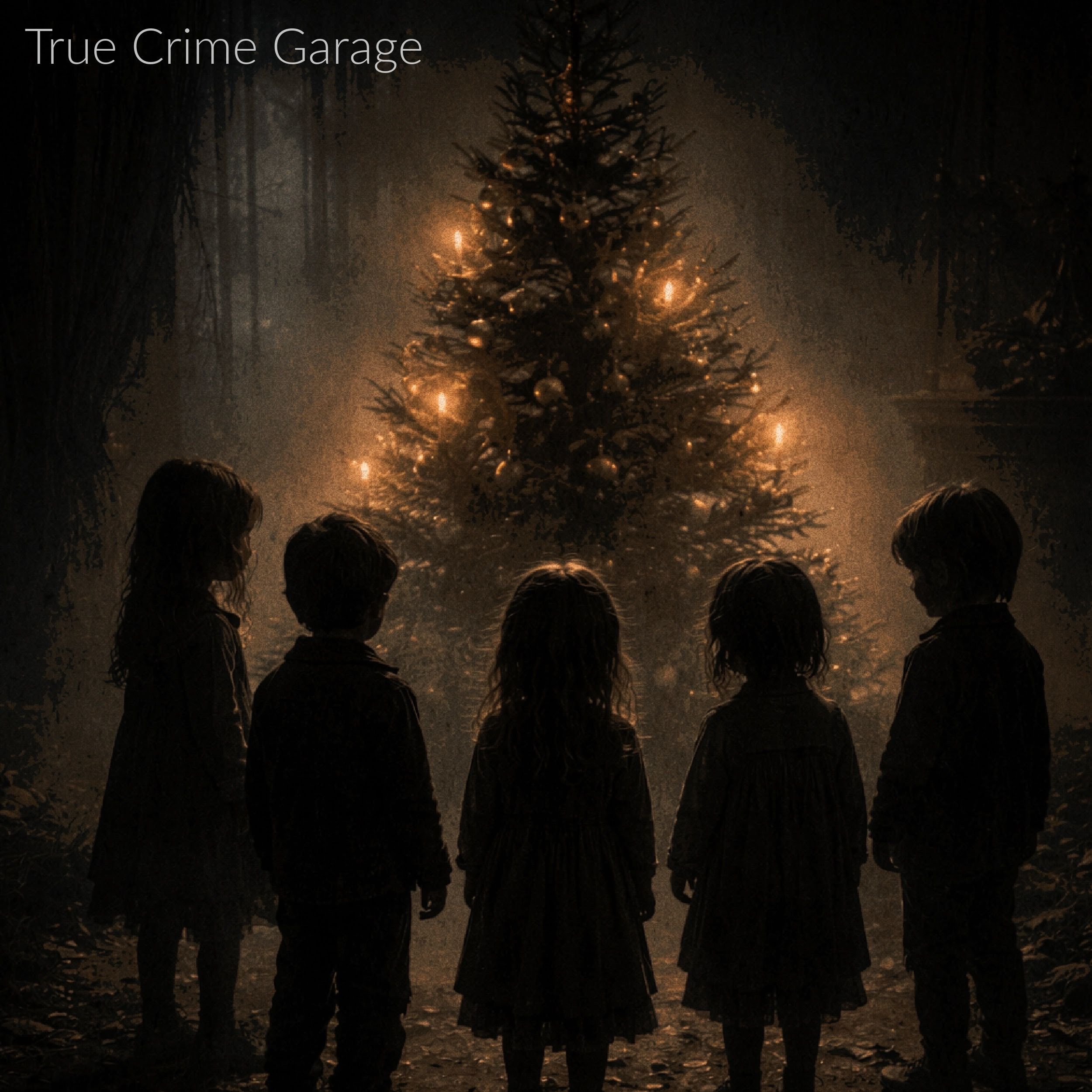MindHunter /// Dr. Ann Burgess
MindHunter /// Dr. Ann Burgess
Nic is overjoyed to have a conversation with the great Dr. Ann Burgess - F.B.I. consultant and 1st generation Mind Hunter.
Thank you for your support.
Sign up on the mailing list @ www.truecrimegarage.com
Nic is overjoyed to have a conversation with the great Dr. Ann Burgess - F.B.I. consultant and 1st generation Mind Hunter.
Thank you for your support.
Sign up on the mailing list @ www.truecrimegarage.com
Press play and read along
Transcript
Transcript is processing—check back soon.
True Crime Garage — MindHunter /// Dr. Ann Burgess





